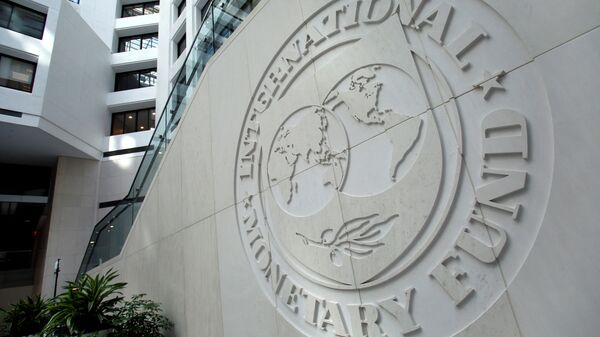Three months after the International Monetary Fund (IMF) approved a 39-month-long loan programme for Pakistan, the chief of the country’s central bank has said the $6 billion received from the global lender is likely to be the last.
Addressing students of the Institute of Business Administration (IBA) in Pakistan’s port city Karachi, State Bank of Pakistan (SBP) Governor Reza Baqir cautioned that there is still an urgent need to maintain fiscal discipline through zero government borrowing from banks. He said it was also essential to raise domestic saving and investment rates.
During his lecture, which was based on the theme “Pakistan Economy: Macroeconomic Challenges and Outlook,” Governor Baqir said: “Maintaining high reserves remain the most crucial challenge to the economy to get rid of the IMF in the future.”
The recent structural reforms implemented in line with commitments made to the International Monetary Fund have started providing much needed support to an already weakened economy, he added.
Baqir said having sufficiently high foreign currency reserves, maintaining fiscal discipline and raising rates of domestic saving and investment are three key elements for running Pakistan’s economy without the help of the IMF.
“Yes, we entrenched a market-based exchange rate system, which means the rate will be determined by the supply and demand (of dollars in the market) which is perhaps one of the key institutional changes that have happened in the reform process,” he said.
The reforms introduced to determine the rupee-dollar exchange rates would help to maintain reserves at optimal levels, he said.
Earlier, the State Bank of Pakistan had control over the rupee-dollar exchange rates. It used to fix the rate, but that practice led to a depletion of foreign currency reserves every time Islamabad met its IMF loan obligations. This forced Pakistan to return to the IMF time and again, Baqir said.
The central bank still has the option to intervene in the market to control exchange rates in case it finds speculators manipulating the market-based exchange rate.
In July this year, the IMF released the first tranche of a $ 991.4 million loan. In a statement issued then it said the remaining amount would be released in a phased manner over the duration of the loan programme, subject to four quarterly reviews and four semi-annual reviews.
At that time, the IMF cautioned Islamabad that it needs to take tough austerity measures in the coming three years.


